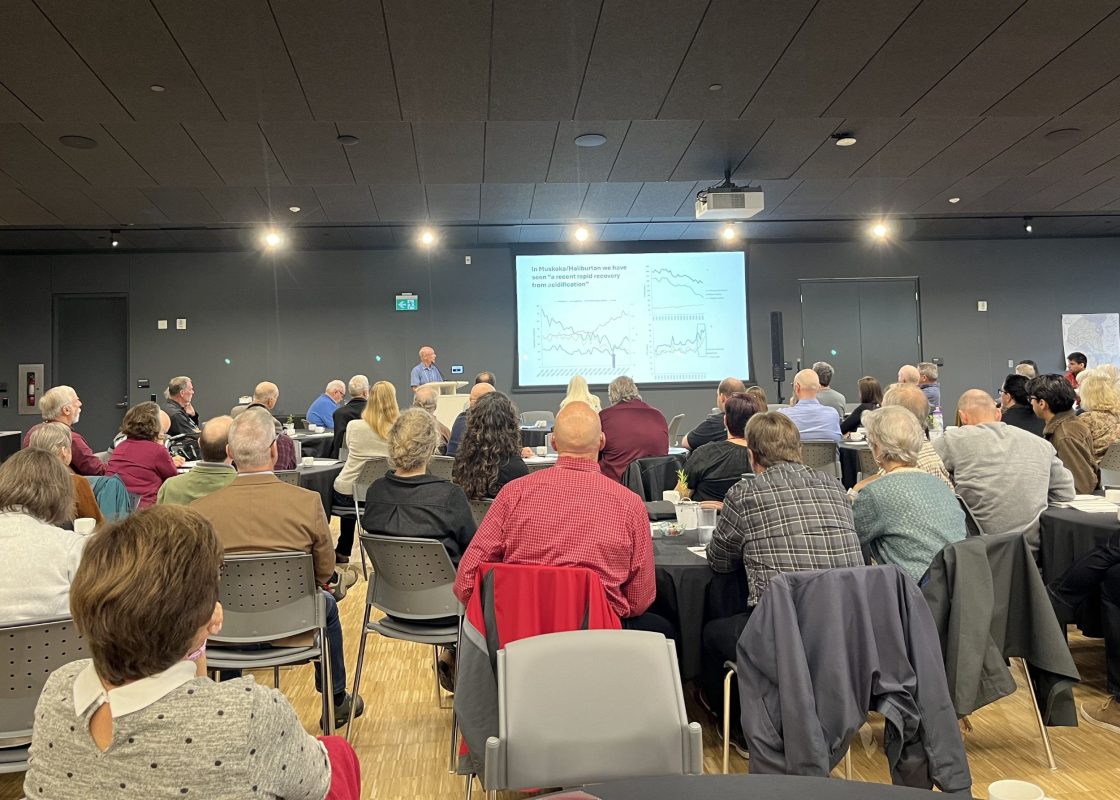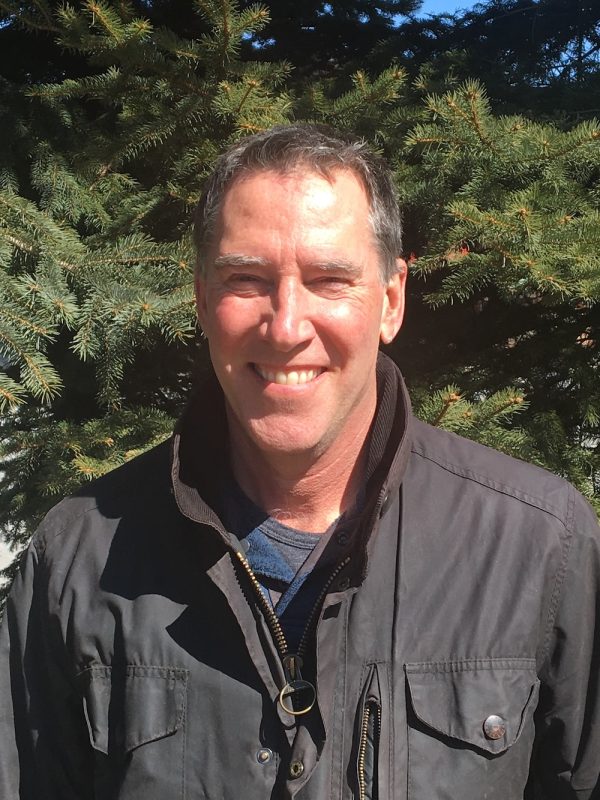We’ll need to collaborate to sustain our economy and environment
By Kevin Trumble | Published August 2nd, 2025

They say we are the only species to ever exist on this planet that killed itself off because fixing its climate didn’t make economic sense. A neighbour who owns a business once told me “I can’t go green this year because it’ll put me in the red” – as if it’s a “nice to do” but not a “need to do”. Somehow our short-term profit margins are more important than the environment our businesses depend on. And our kids’ nest eggs are more important than their future health.
It is common thinking that changing our economic policy to a more sustainable model will get in the way of business and detract from our bottom lines. Election cycles, business strategies and pay periods encourage short-term thinking, while many of us assume that unconstrained markets will solve all our problems. But when the economy treats environment as an externality, it doesn’t save dying trees or stop invasives and disease-laden insects from marching north.
The Severn Sound Remedial Action Plan became one of the most successful examples of rehabilitating a contaminated area of the Great Lakes and one of the first of 42 such areas to be de-listed. Why? Money was used in all 42 Areas of Concern. But the other powerful factor for Severn Sound was collaboration and the collective impact of the business community in partnership with government and informed citizens. Business sector leaders were told they could wait to have policy changes imposed on them, or they could be a part of the discussion. They came to the table, sometimes reluctantly, and became part of a solution that everyone, including business owners, could live with.
Integrated watershed management ideally requires that we all come together to address key issues like climate change, the economy, water quality, flooding, habitat destruction and loss of biodiversity. More importantly, it involves us sharing a common vision of what we hope our watershed will be like in the future and what we can each do in our day to day lives toward that outcome. We all share the benefits of our watershed and the responsibility for its care.
But how do we act collectively to bring about positive change?
Most watershed planning in Ontario is a top-down regulatory processes driven by conservation authorities which consult or engage stakeholders and develop policies or regulations.
The Muskoka River watershed and most of the watersheds around it do not have conservation authorities, nor any agency with jurisdiction for the whole watershed. This creates an opportunity to tailor our own collaborative process using many successful examples from around North America and Europe. This alternative approach, uncommon in Ontario, involves us all participating in developing goals and policies that we can all live with.
This includes the key economic sectors we depend on, such as home and cottage building, the tourism industry, retail and service sectors. We should be able to adjust business models of key sectors so that it becomes more profitable to include environmental goals in business plans, than to view environment as a constraint that subtracts from the bottom line.
I think most of our business leaders have similar visions for the future to those of other residents and environmental experts. When decisions are being made to bring about that future, business leaders should be part of the discussion. By sitting at the same table as government, First Nations, experts and community groups, they help provide collective impact, and creative solutions emerge that are both profitable and environmentally beneficial. We also will get wiser solutions than if we settle for the usual status quo consultation or engagement in a top-down process. Join MWC and municipal partners in creating a structure that will allow all watershed sectors to join as equal partners in developing the vision, goals and policies that will build the future we all can enjoy.

This is article No. 8 in Living Smarter in Muskoka, the current series of articles from Muskoka Watershed Council edited by Dr. Peter Sale. Author of this article is Kevin Trimble, retired aquatic ecologist, Muskoka resident, and director and a former chair of MWC.
First published on muskokaregion.com
